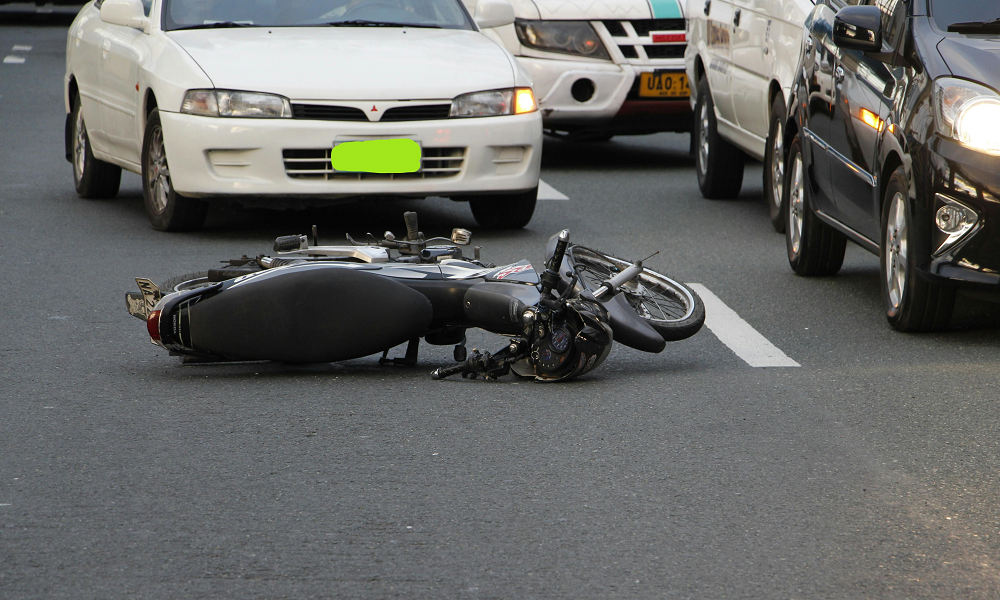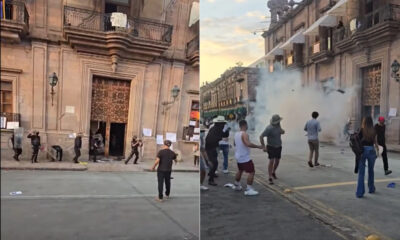Reviews
What to Expect During a Motorcycle Accident Lawsuit

A motorcycle accident is a serious and traumatic event, particularly in Richmond, Virginia, where the intersection of major highways and scenic rural roads creates unique challenges for motorcyclists. The Virginia Department of Motor Vehicles reported over 2,127 motorcycle crashes statewide in 2023, with the Richmond metro area accounting for a significant portion of these incidents due to heavy urban traffic and complex roadway systems. This knowledge of the legal process that follows can alleviate some of the anxiety and help victims understand their rights.
When involved in a motorcycle accident, many things go through a victim’s mind, and having experienced legal guidance becomes essential to navigate the complex legal system effectively. Richmond lawyers for motorcycle accident claims can provide crucial support throughout this challenging process, ensuring victims understand their options and receive proper representation. In this guide, we will share what a person should expect in a motorcycle accident lawsuit so that there are no surprises on the road ahead and one has the clarity and confidence to navigate through this legal process.
Initial Steps After the Accident
When you have been in a motorcycle accident, your first concern is for safety and health. Medical attention must be the priority, even if the injuries seem relatively mild. Getting a medical check-up not only helps ensure one’s health but also helps in gathering required medical records in case of any court case in the future. However, after the immediate issues have been addressed, the next step is to document the scene. Photos, statements from witnesses, and police reports that demonstrate fault can dramatically change the outcome of the litigation.
Consulting Legal Assistance
It can also be useful to engage a lawyer experienced in motorcycle accidents. They provide important guidance and are experts in complicated legal processes. In the first meeting, the lawyer will review the case, talk about likely outcomes, and outline the process. This meeting allows time to ask questions and get a sense of what the legal process will look like going forward.
Filing the Lawsuit
With an attorney on board, the next step is going to be to file the lawsuit itself. This involves completing a complaint—a formal document explaining the accident and damages the plaintiff is seeking through a court order. The other party will be notified of this, and he/she will be given the status of being the defendant. This is the first formal step in the lawsuit and creates an outline of the legal case.
Discovery Process
Discovery is a key part of the lawsuit. At this stage, both parties are conducting investigations, exchanging documents, and taking depositions. According to the Virginia State Bar, the discovery phase is crucial for gathering evidence and can significantly impact the outcome of personal injury cases. This stage can take a long time while investigators gather the information they need concerning the incident. Working closely with your legal counsel and being well prepared for discovery can go a long way to building a strong case.
Negotiations and Settlement
Most motorcycle accident lawsuits are settled before the matter proceeds to trial. Settlements can be a good option, as they resolve the issue without the time or cost of a court trial. This means the parties involved, usually represented by attorneys, will negotiate the terms to arrive at a mutually agreeable settlement. A settlement means the case is resolved without a trial.
Preparing for Trial
If a settlement cannot be reached, the case goes to trial. Trial preparation includes organizing evidence, preparing witnesses, and developing legal strategies. The lawyer will also take the person through the steps to be prepared for court. While trials are always uncertain, you can feel prepared and gain some confidence if you do your homework.
The Trial Process
At trial, both sides make their case to a judge or, in some cases, a jury. In court, evidence is presented, witnesses are called, and arguments are made. The aim is to find out the relevant facts and who is at fault for the crash. The trial outcome will depend on the evidence and the arguments presented.
Post-Trial Outcomes
Once the trial is complete, a judge or jury will issue a verdict. If the verdict is in your favor, you may be awarded damages. These can be medical expenses, lost wages, pain and suffering, etc. If the result is not in your favor, there are options to challenge the outcome. It is important to discuss with your attorney about possible next steps.
Understanding Damages and Compensation
In motorcycle accident lawsuits, several types of damages may be available to victims. Economic damages cover measurable losses like medical bills, lost income, and property damage. Non-economic damages address pain and suffering, emotional distress, and loss of enjoyment of life. In rare cases involving extreme negligence, punitive damages may also be awarded to punish the at-fault party and deter similar behavior.
Emotional and Financial Considerations
Lawsuits are usually stressful and costly. Whether this is with friends, family, or even therapy, it can be important to have support systems in place. Financial preparation, such as understanding which costs to expect and where payment options may exist, can help reduce stress. Awareness of every step of the trial prepares your mind for what is to follow and helps you become stronger.
Conclusion
We can help to demystify the process so that you feel in control during this difficult time if you understand what to expect from a motorcycle accident lawsuit. With informed steps, professional legal guidance, and thorough preparation, individuals can go through the lawsuit confidently. The process from filing to trial is a chance to present your case and seek justice for your injuries.

-

 US News4 days ago
US News4 days agoJetBlue flight diverts to Tampa after altitude drop injures at least 15
-

 US News1 week ago
US News1 week agoUnwarned tornado suspected in Fort Worth as storms cause damage and power outages
-

 World1 week ago
World1 week agoU.S. Navy helicopter and fighter jet crash in South China Sea; all crew rescued
-

 Legal1 week ago
Legal1 week agoMultiple injured in shooting at Lincoln University in Pennsylvania
-

 World1 day ago
World1 day agoStrong 6.3 earthquake strikes northern Afghanistan; felt across Pakistan
-

 World2 days ago
World2 days ago10 people stabbed on train in Huntingdon, England
-

 World23 hours ago
World23 hours agoProtesters storm government building in Mexico after killing of local mayor
-

 US News5 days ago
US News5 days agoTrump says U.S. will resume nuclear weapons testing ‘on an equal basis’



